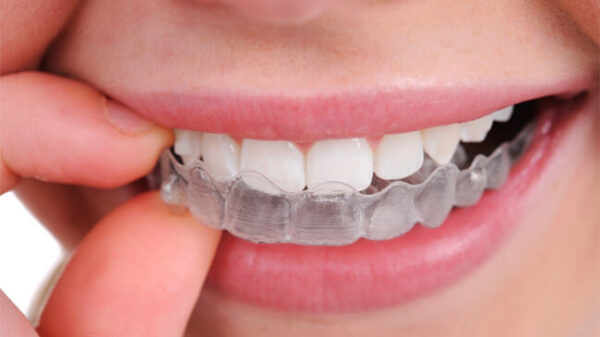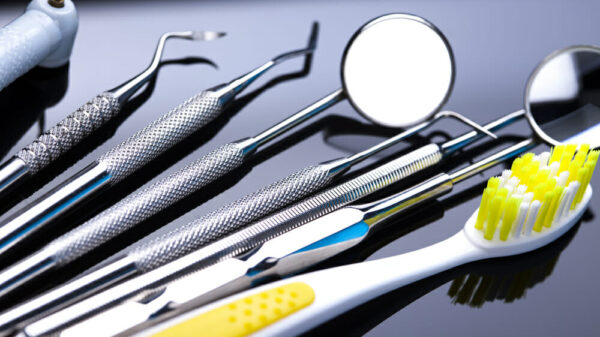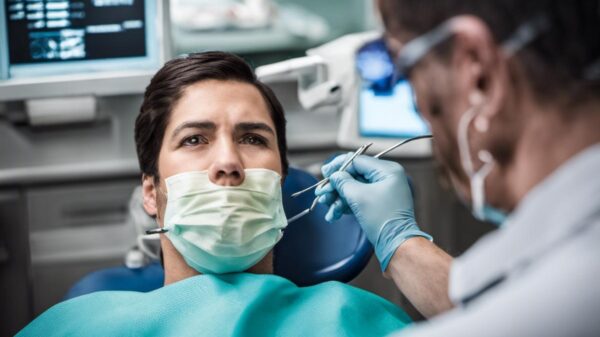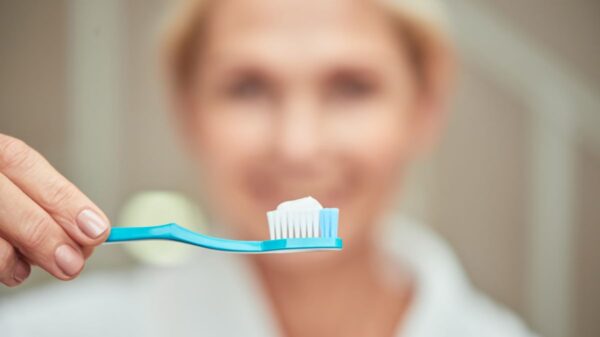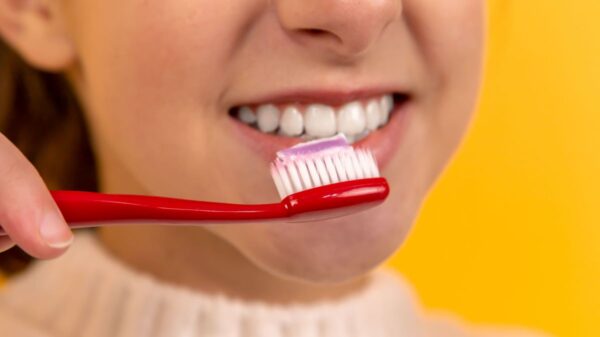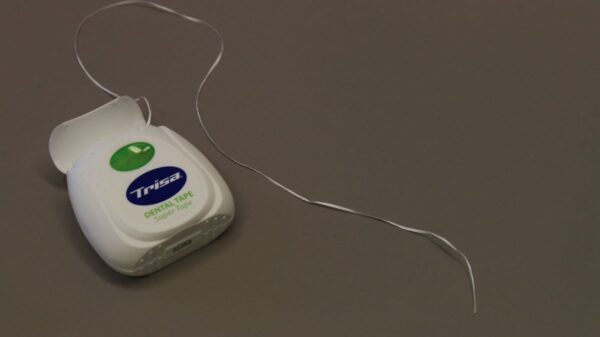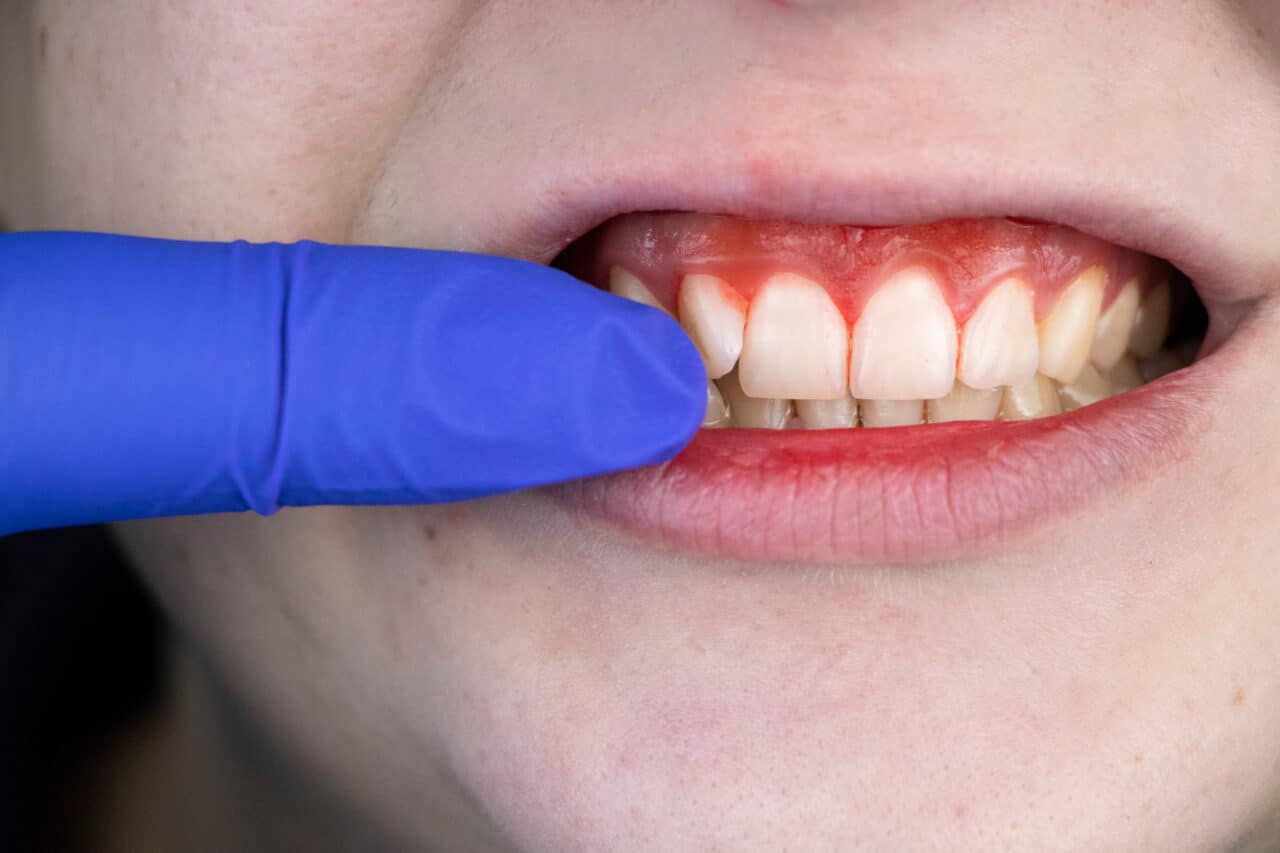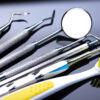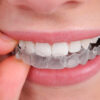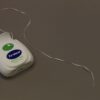Prevent Bleeding Gums With These Simple Tips
Bleeding gums can be an early sign of gum disease (also known as periodontitis), or can be an indicator that you are not brushing your teeth correctly, flossing every day, or visiting the dentist for a cleaning. After experiencing bleeding gums, I decided to learn how to prevent it and keep my smile healthy.
What is the best tip for preventing bleeding gums? The best tip is to start visiting the dentist for regular cleanings. Most dental problems do not show up until they are in their later stages, so it is better to prevent them before they even start.
Brush twice a day with fluoride toothpaste, floss daily, and do not forget to brush your tongue. Although there are many different reasons as to why your gums might be bleeding, it is important to understand how to keep them healthy for long-term oral health.
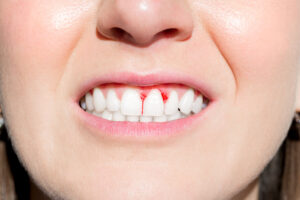
7 Tips to Prevent Bleeding Gums
Here are our top seven tips for preventing bleeding gums:
1. Visit the Dentist for Cleanings
Once bleeding gums have been detected, visit your dentist for a cleaning. Bleeding gums is the first sign of gum disease and it needs to be taken care of immediately.
2. Practice Good Oral Hygiene
If the bleeding gums are not caused by gum disease, they could be an early sign of plaque buildup. Floss daily and brush twice a day to prevent plaque buildup and help with overall oral health.
3. Stop Smoking or Chewing Tobacco
Stopping smoking and chewing tobacco can help prevent bleeding gums and other oral health problems.
Nicotine in cigarettes and chewing tobacco is harsh on the gums, causing them to recede which leads to deeper pockets in your mouth where bacteria builds up and causes tooth decay.
4. Eat a Balanced Diet
A balanced diet includes plenty of vegetables such as carrots, celery, spinach, green peppers, etc. Vitamin C found in oranges helps keep teeth strong and healthy by preventing bleeding gums.
Eat low-fat proteins such as sardines, ham, lean beef with sweet potatoes every day for a healthy body inside and out. If you drink alcohol, do so in moderation because it dehydrates the body and causes more plaque build-up.
If you do drink, use a straw to prevent more bacteria from entering the mouth through your teeth.
5. Reduce Stress Level
Stress weakens the immune system and increases susceptibility to infection and bleeding gums, so if possible take time out of your day to relax and unwind. Meditation or yoga can help reduce stress levels.
6. Sterilize Your Toothbrush After Each Use
Toothbrushes should be replaced every four months because they get worn down over time which ends up causing more damage to the gums than good. Contaminated toothbrushes can cause bleeding gums and other oral health problems such as cavities, gum disease, etc.
A new toothbrush should be used for each person in a household to prevent the spread of bacteria from one individual to another through contaminated saliva on a shared brush.
7. Mouthwash & Floss
After you have brushed your teeth, it is important to use a mouthwash that has an antiseptic to prevent bleeding gums. Flossing daily can also help detect early signs of gum disease before they turn into bleeding gums.
Flossing is a great way to prevent bleeding gums because not only does it get between the teeth where bacteria build up causing tooth decay and gum disease, but flossing cleans off plaque and tartar which can cause further damage if left unattended for too long.
What Causes Your Gums to Bleed?
When you have bleeding gums, it is usually a sign that your gums are inflamed. This inflammation can be the result of many different things, such as bacteria or gum disease.
In some cases, bleeding gums do not have an obvious cause and most people just assume it is due to their age. As long as bleeding gums are not caused by a more serious health condition, it is usually nothing to worry about.
However, bleeding gums can be a sign that you have an infection or a disease. If bleeding gums persist for several days after regular brushing and flossing, you should see your dentist as soon as possible.
In some cases, bleeding gums may be a sign of cancer, and you will need to consult your doctor if bleeding gums continue for more than a week.
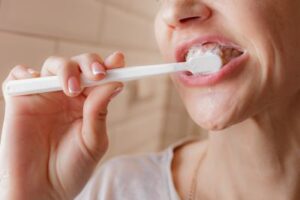
Is It Okay to Brush Your Gums When They Are Bleeding?
It is important not to brush bleeding gums because you could make the bleeding worse. After bleeding, toxins and bacteria will be spread throughout your mouth and this can cause your bleeding to continue and worsen.
The best thing you can do for bleeding gums is to rinse out your mouth with warm water and then apply gentle pressure using a clean washcloth to stem the bleeding.
How to Stop Bleeding Gums Quickly
If your bleeding gums do not stop bleeding after rinsing your mouth with warm water and applying gentle pressure, you will need to cover them with a piece of gauze. Apply light pressure to the gauze by biting on it for thirty minutes if possible. This will help the bleeding gums to stop bleeding and heal.
If you follow these steps and your bleeding continues, you should consult your dentist. Your bleeding may be due to a more serious condition that requires treatment for it to stop. If your bleeding continues for several days after one application of pressure, you should see a doctor as soon as possible.
What Is Gum Disease?
Gum disease is a treatable condition that affects the gums and bone structure around teeth. If gum disease isn’t treated, it can cause loose teeth, receding gums, tooth loss, infections of the mouth and jawbone, or problems with pregnancy.
Gum disease is also known as periodontal disease or gum infection. When gum tissue becomes inflamed because of plaque build-up on teeth, gum disease forms. Plaque is made of bacteria that live in the mouth and stick to the surfaces of the teeth.
Plaque irritates gum tissue which causes it to become red and swollen creating pockets between the gum and tooth surface where plaque builds up causing further irritation.
Gum disease progresses as plaque continues to irritate gum tissues causing them to pull away from the tooth surface resulting in gum recession.
As gum tissue recedes due to gum disease, root surfaces are exposed which can lead to bone loss. Gum disease also causes the gum tissue to become stiff and brittle making brushing teeth more difficult. Teeth that are not cleaned properly oftentimes lead to gum recession which can cause gum disease.
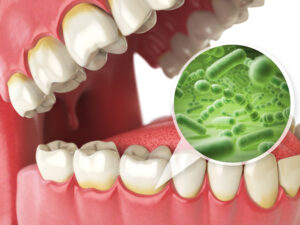
Gingivitis
Gum disease starts as gingivitis, the mildest form of periodontal disease in which gum tissues around your teeth become inflamed because of plaque buildup without any attachment loss. This is also referred to as gum bleeding or red, puffy, or sore gums.
Gingivitis is considered reversible if you remove the plaque causing the inflammation by brushing and flossing regularly. If you do not take care of your mouth by keeping it clean through proper dental hygiene, the condition will progress to periodontitis, the more severe form of gum disease.
If gum disease is not treated as it progresses through stages such as gingivitis and periodontitis, you could end up with tooth loss or even tooth abscesses.
Tooth decay, also known as cavities can affect gum pockets which may lead to alveolar bone loss. This is when the gum and bone surrounding a tooth separate.
Treatment varies depending on how advanced gum disease is, but gum disease often requires professional treatment to manage its symptoms and prevent further damage to gum tissue and teeth.
How Do Dentists Treat Gum Disease?
As gum disease progresses, it can damage tissue and bone to such an extent that surgery may be necessary.
The symptoms of gum disease are often subtle but include redness, tenderness, swollen gum tissue, bleeding gums, bad breath, or tooth loss. It is important to treat gum disease at the first sign because its symptoms worsen over time.
A dentist can treat gum disease by performing scaling and root planing, which is used to remove plaque buildup from teeth and below the gum line.
If left untreated for too long, surgery may be needed to treat advanced cases of gum disease. Treatment for gum disease typically includes antibiotics because diseased gums are vulnerable to infection.
If gum disease is not treated, it can lead to tooth loss, which further reduces the quality of life of the patient. Dentists treat gum disease by performing scaling and root planing, which removes plaque buildup from teeth and below the gum line.
The dentist may also prescribe antibiotics if gum disease has caused an infection. Treatment for gum disease may have side effects such as tooth sensitivity or dry mouth. However, good oral hygiene practices can help prevent gum disease in the first place.
Conclusion
Bleeding gums are a sign of periodontitis and other oral health problems such as cavities and decaying teeth. It is best to start visiting the dentist regularly (every six months) to prevent oral health problems before they even start.
Brushing with fluoride toothpaste twice a day, flossing daily, and eating a healthy diet are tips for how to prevent bleeding gums.




